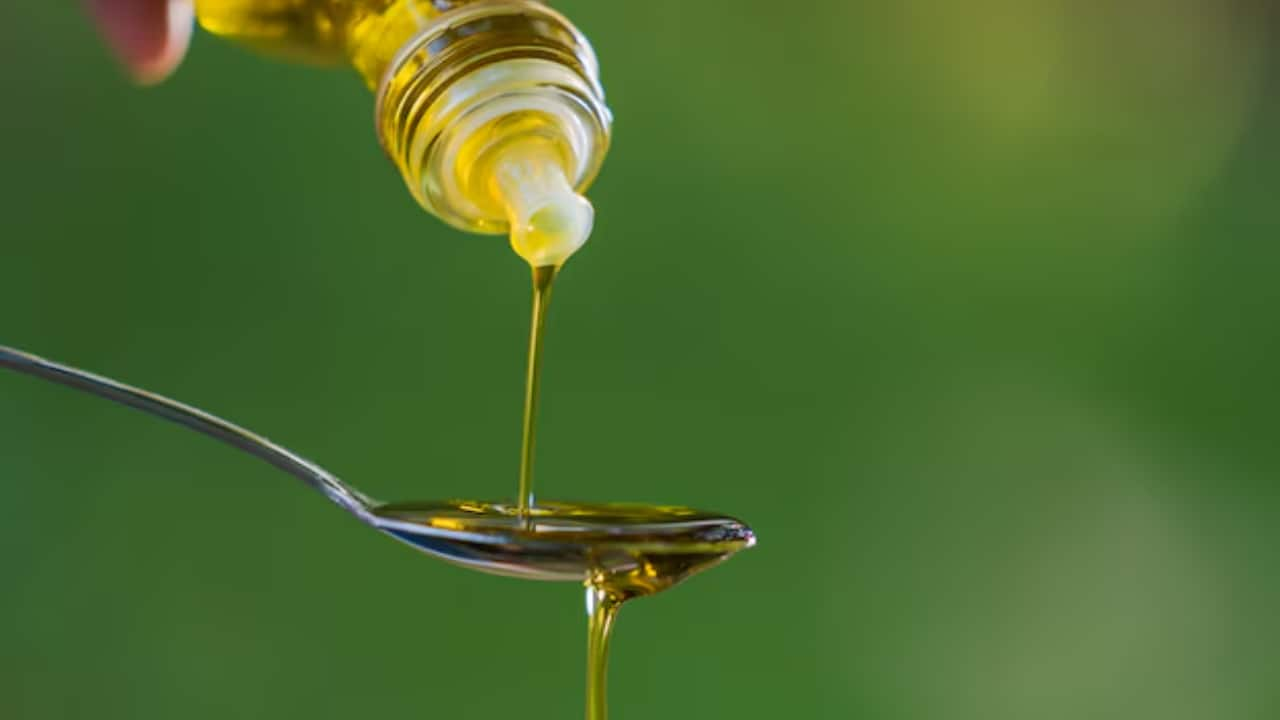



Obesity has become a widespread issue in our country, with statistics showing a sharp rise in cases over the years. Prime Minister Narendra Modi recently brought this issue to the forefront, urging individuals to reduce their edible oil consumption by 10 percent to safeguard their health and well-being.
"During the opening of the National Games in Dehradun, I raised a very important topic, which has sparked a new discussion in the country—this topic is 'obesity.' To become a fit and healthy nation, we will certainly have to deal with the problem of obesity," he said in his Mann Ki Baat broadcast on February 23. He added that obesity is not just a personal challenge but a national concern that requires collective action.
On February 24, PM Modi nominated 10 prominent personalities, encouraging them to spread awareness and inspire others to make positive lifestyle changes. "As mentioned in yesterday's #MannKiBaat, I would like to nominate the following people to help strengthen the fight against obesity and spread awareness about reducing edible oil consumption in food. I also request them to nominate 10 people each, so that our movement grows larger!" he wrote on X.
As mentioned in yesterdays #MannKiBaat, I would like to nominate the following people to help strengthen the fight against obesity and spread awareness on reducing edible oil consumption in food. I also request them to nominate 10 people each so that our movement gets bigger! pic.twitter.com/bpzmgnXsp4 Narendra Modi (@narendramodi) February 24, 2025
What happens when you consume excessive edible oil?
While edible oils are essential for providing energy, supporting cell growth, and aiding nutrient absorption, excessive consumption can have detrimental effects on health. Dr Shruthi Badrinath Pranav, Consultant Pediatric Gastroenterologist at Sparsh Hospital, Bengaluru, tells moneycontrol.com that the type and quantity of oil consumed play a crucial role in determining its impact.
"Edible oils are calorie-dense, providing 9 calories per gram. Excessive intake of oils rich in saturated fats (like palm oil and coconut oil) and trans fats elevates LDL cholesterol levels, increasing the risk of cardiovascular events such as atherosclerosis, hypertension, and heart disease," explains Dr Pranav.
Overconsumption can also lead to energy imbalance, contributing to weight gain and obesity. "It can lead to liver damage, insulin resistance, and type 2 diabetes, along with digestive issues like bloating, diarrhea, abdominal pain, and gallbladder disease," she adds.
Also Read | Consuming less edible oil is healthier for India's import bill too
Health tips to reduce oil intake
 Edible oil should be consumed in moderation. (Image: Freepik)
Edible oil should be consumed in moderation. (Image: Freepik)
Reducing oil intake can have significant health benefits, and several strategies can help lower consumption while maintaining a balanced, nutritious diet.
Dr Lovkesh Anand, Associate Director & Unit Head, Gastroenterology at Max Super Speciality Hospital, Dwarka, suggests the following strategies:
Disclaimer: This article, including health and fitness advice, only provides generic information. Don’t treat it as a substitute for qualified medical opinion. Always consult a specialist for specific health diagnosis.
Discover the latest Business News, Sensex, and Nifty updates. Obtain Personal Finance insights, tax queries, and expert opinions on Moneycontrol or download the Moneycontrol App to stay updated!